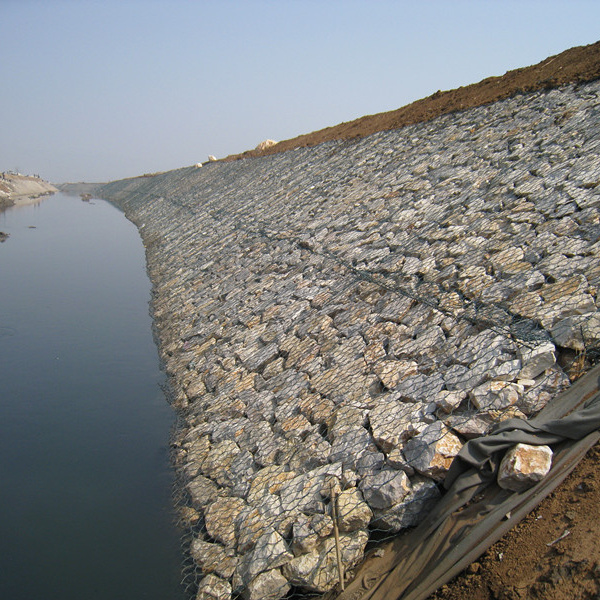Aug . 18, 2024 01:20 Back to list
Gabion Retaining Wall Cost Estimates from Leading Suppliers and Manufacturers
Understanding Gabion Retaining Wall Prices and Suppliers
When it comes to landscaping and civil engineering projects, the choice of retaining wall materials is crucial. Among the various options available, gabion walls have gained significant popularity due to their aesthetic appeal and structural advantages. Not only do they provide stability and erosion control, but they also blend seamlessly with natural surroundings, making them an attractive choice for both residential and commercial properties. However, one of the primary considerations when opting for gabion retaining walls is pricing, which can vary widely based on a number of factors.
What are Gabion Retaining Walls?
Gabion retaining walls are built using wire mesh baskets filled with stones, gravel, or other materials. These walls are highly versatile and can be engineered to suit various environmental conditions. Gabions serve multiple purposes, including erosion control, landscape design, and as functional barriers to manage soil pressure and water runoff.
Factors Influencing Prices
1. Material Costs The price of gabion retaining walls is significantly influenced by the materials used. The cost of wire mesh, which is typically made from high-quality steel or coated for durability, is a primary factor. The type and size of the stones or gravel used to fill the gabion baskets also impact the overall price. Larger stones or specialized aggregates can increase costs.
2. Design and Engineering Simple, straight walls are generally less expensive than more complex designs that may require engineering calculations and specific site preparation. Custom designs, such as curves or specific heights, may also command higher prices.
3. Labor Costs The cost of labor varies by geographical location and the complexity of the installation. Professional installation by experienced contractors can ensure that the walls are built to last, but this can also significantly add to the overall budget.
4. Location and Accessibility The price of transporting materials to the construction site can vary depending on distance and accessibility. Remote locations or sites with difficult terrain may incur additional shipping and handling costs.
5. Supplier Pricing Different suppliers may offer varying prices based on their location, overhead costs, and purchasing power for materials. It is advisable to get multiple quotes from different suppliers to ensure a competitive price.
gabion retaining wall prices supplier

Finding the Right Supplier
When searching for gabion retaining wall suppliers, it's important to consider not just price but also the quality of materials and the supplier's reputation. Here are some tips to find the right supplier
- Research Look for suppliers with extensive experience in gabion wall construction. Check online reviews and customer testimonials to gauge their reliability.
- Samples Ask for samples of both the gabion baskets and the fill materials. This will help you assess the quality before making any commitments.
- Consultation A reputable supplier should offer consultation services to help you determine the best design and materials for your specific project.
- Delivery Options Inquire about the supplier's delivery options and ensure that they can meet your timeline. Timely delivery can significantly affect the progress of your project.
- Post-Sale Support Consider suppliers who provide support after the sale, which can be invaluable for maintenance and troubleshooting.
Conclusion
Gabion retaining walls are an attractive and functional choice for many landscaping and engineering projects. Understanding the factors that influence pricing, from materials to labor and supplier reputation, is essential for making informed decisions. By thoroughly researching potential suppliers and considering both cost and quality, you can successfully incorporate gabion walls into your next project, enhancing both its aesthetic appeal and structural integrity.
-
Why PVC Coated Gabion Mattress Is the Best Solution for Long-Term Erosion Control
NewsMay.23,2025
-
Gabion Wire Mesh: The Reinforced Solution for Modern Construction and Landscape Design
NewsMay.23,2025
-
Gabion Wall: The Flexible, Seismic-Resistant Solution for Modern Landscaping and Construction
NewsMay.23,2025
-
Gabion Wall Solutions: The Durable, Decorative, and Affordable Choice for Every Landscape
NewsMay.23,2025
-
Gabion Basket: The Durable and Flexible Alternative to Traditional Retaining Walls
NewsMay.23,2025
-
Gabion Basket: The Proven Solution for Slope Stability and Flood Control
NewsMay.23,2025
-
Versatility of Chain Link Fence Gabion
NewsMay.13,2025






